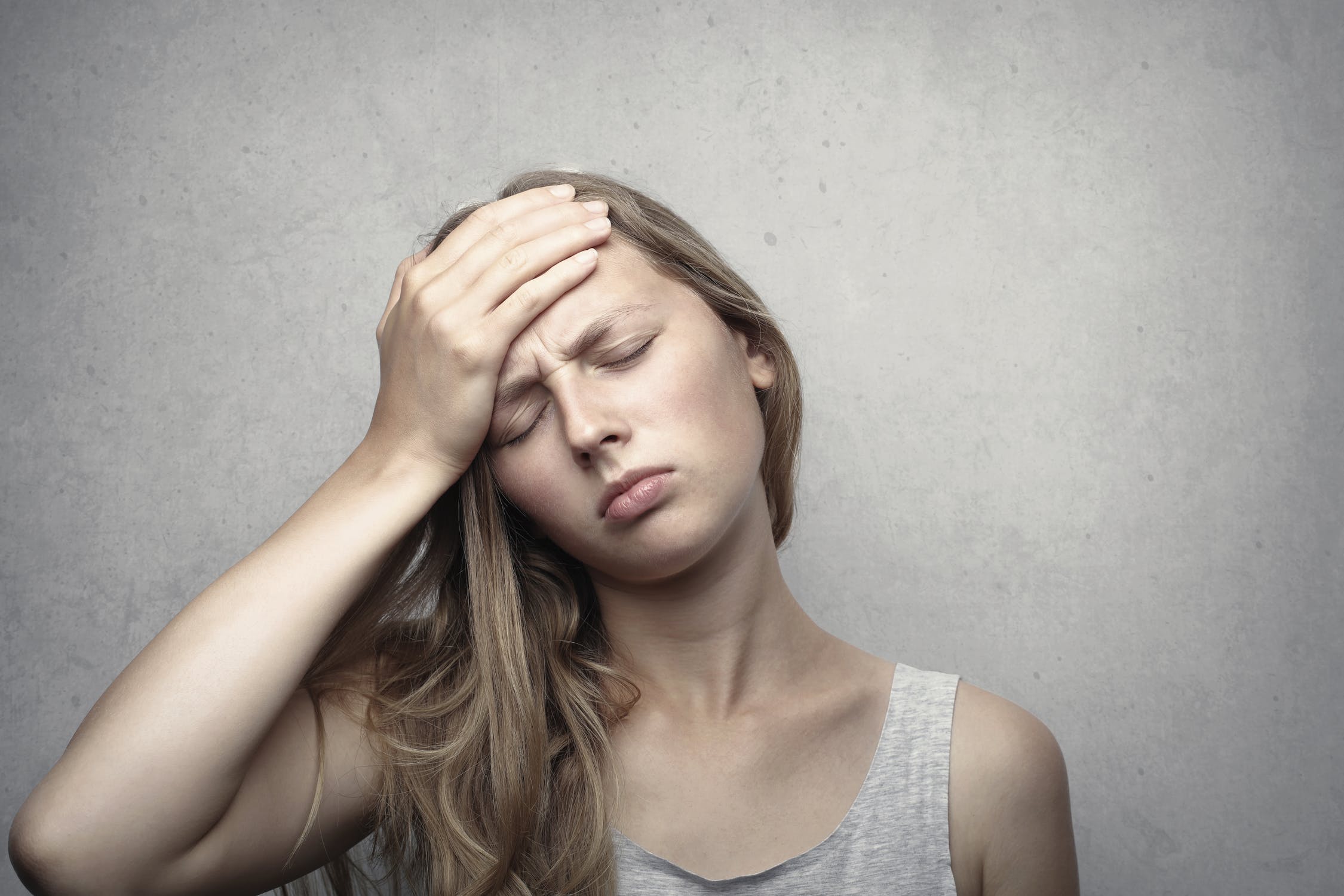Unfortunately, for many people around the world, something as simple as falling asleep is a daunting task. There is nothing more annoying than tossing and turning all night and waking up drained of energy without focus or motivation for everyday activities. This might happen for different reasons, and not all of them include serious health problems, sometimes it’s enough to pay attention to room temperature or hydration. Take a look at our list below to see what are the most common reasons for having trouble dozing off.
Sleeping Environment
It might be problematic when it’s too hot in the room, when you put too many blankets over your body or when all windows are closed so there is not enough air in the room. Even sleeping with socks on can increase your body temperature so much that it can mess with your sleep schedule. First of all, think about decluttering blankets and comforters. The best temperature for sleeping is 65 degrees Fahrenheit (18.3 degrees Celsius), and this is one of the main factors that prevent people from falling asleep. The combination of inappropriate temperature of the sleeping environment and improper regulation of body temperature can take a toll on your sleeping habits.
Pregnancy
This is a life stage where things that were once easy and common become pretty uncomfortable. This doesn’t only include sleep during pregnancy, but going to the bathroom, hormones, heartburn.. When it comes to falling asleep, obviously, your new body shape plays a major role in preventing you from getting high-quality sleep. For improving sleep during pregnancy, you can use pillows for extra support, maintain a healthy lifestyle, stay hydrated during the day, but decrease the amount of fluids you take before bedtime and avoid lying down immediately after finishing a meal.
Sleep Apnea
A prototypical image of a patient with sleep apnea is an overweight man. However, in the past couple of years women started experiencing similar problems. Obstructive sleep apnea means that your heart is not getting enough air due to closed or narrowed airways. Breathing stops and starts when throat muscles relax not allowing the air to pass through. Even though loud snoring is the most common sign of sleep apnea, it doesn’t necessarily mean that everyone who has this problem snores.
Too Much Noise
Turn off electronics for a quiet environment that will help you take your mind off racing thoughts. Don’t listen to loud music or watch violent movies right before bed because aggressive scenes or loud noise can be a trigger that overstimulates the brain making it less prone to falling asleep. Reduce screen time and cut it off entirely three or four hours before bed to ensure that there isn’t any possibility to set off any possible brain alarms. It’s scientifically proven that blue light from your phone screen suppresses melatonin, which is a sleep-inducing hormone that the brain produces in response to darkness.
Oversleeping Syndrome
Yes, you’ve read that right. If you take too many naps during the day, it’s possible that you just have too much energy to fall asleep in the evening. Short naps (not longer than 20-30 minutes) are generally acceptable whereas long naps can affect your sleep in a negative way and interfere with your sleep routine. Also, napping after 3 p.m. is considered to be a cause for potential sleep disorder.
Quality sleep amounts to more consistent rest and less waking up during the night. What is your main problem when you need to go to bed and how do you fix it? Sleeping in a dark, cozy environment with a few distractions should solve sleep problems for healthy individuals. Tell us all about your experience in the comment section below!
